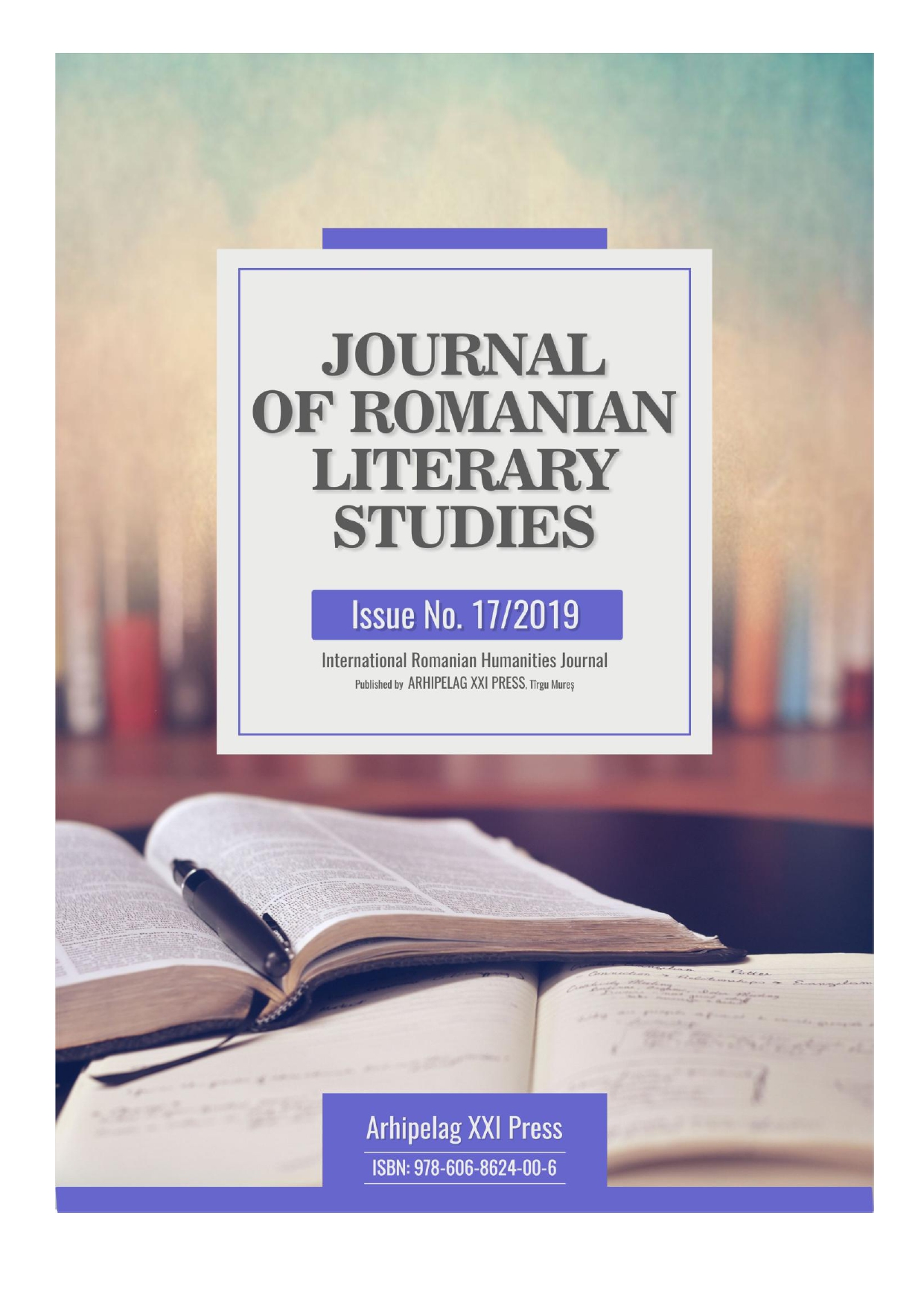LICENTIOUS LANGUAGE IN ROMANIAN TRANSLATIONS OF MARIO VARGAS LLOSA’S PROSE: LA CIUDAD Y LOS PERROS
LICENTIOUS LANGUAGE IN ROMANIAN TRANSLATIONS OF MARIO VARGAS LLOSA’S PROSE: LA CIUDAD Y LOS PERROS
Author(s): Ioana IliseiSubject(s): Language studies, Applied Linguistics, Lexis, Semantics, Translation Studies
Published by: Editura Arhipelag XXI
Keywords: argot; The city and the dogs; Latin American literature; jerga; translation;
Summary/Abstract: Hispanic-American literature has an impressive social force and is an important milestone. Peruvian Mario Vargas Llosa is one of the most important writers on the South American continent and through his work presents the Latin-American world in its entire splendor. Through the novel The city and the dogs the city of Lima and the entire country of Peru societies are sketched through the perspective of young people at the ,,Leoncio Prado” Military High School in Lima. In his text the slang, the jargon, the licentious language is outlining the characterization of the characters, but we also find replana elements (Peruvian slang extended in all the layers of the language). Spanish language in Latin America (the former Spanish Colonial Empire) had a similar evolution to the standard Spanish language in the Iberian Peninsula, but was influenced by the languages of the great Aztec, Maya and Inca Empires, or the languages of slaves brought from Africa. Thus, the Spanish language in Hispanic America developed different meanings for some words, as well as various differences at all levels of the language.
Journal: Journal of Romanian Literary Studies
- Issue Year: 2019
- Issue No: 17
- Page Range: 543-554
- Page Count: 12
- Language: Romanian

